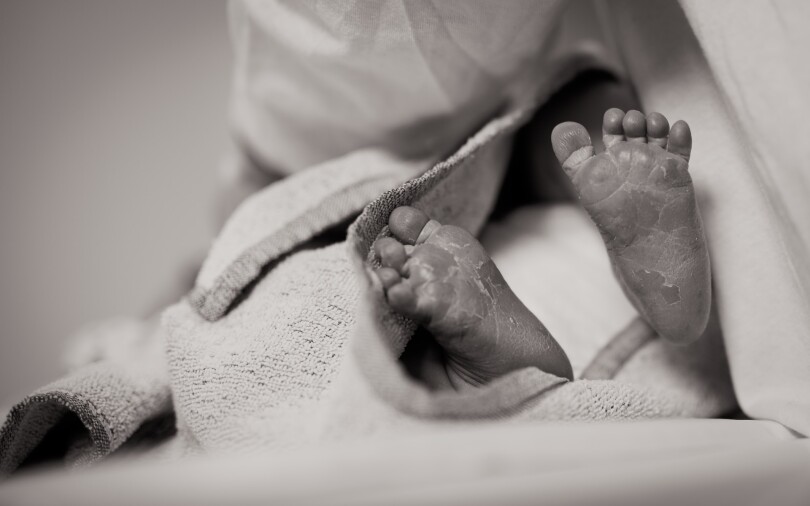Is Autonomous Driving coming to the UAE?
26 Apr 24
Lab ChatThe Global News Source for the World of Science and Chemicals
28 July 2023
Lab Chat
More and more Emirati women are choosing to freeze their eggs in order to be able to have children without complications later in life. According to a news report from Al Arabiya, industry experts have noticed a “significant” increase in oocyte cryopreservation, which is the technical term given to the procedure.
The upsurge is believed to be down to a number of factors. The recently relaxed laws surrounding the practice in the UAE have made it more accessible to Emirati women, while scientific advances have also made the procedure more effective and more attractive. Meanwhile, changing lifestyles and attitudes have also contributed to a greater uptake of the practice.
Oocyte cryopreservation is the technical term for egg freezing. After undergoing a programme of controlled hormone treatment for up to 10 days, the woman’s eggs are extracted and cryogenically frozen. Then, when she is ready to have children, they can be thawed and fertilized with the father’s sperm, then incubated in the lab for a number of days before being placed into the woman’s womb, which has been prepped for the transition through another course of hormone stimulation.
The treatment was originally developed in the 1980s as a means for women undergoing medical procedures which might affect their fertility, such as chemotherapy. However, it has since morphed into more commonly being an elective process, wherein women who are not ready to have children (due to work commitments, relationship problems or other reasons) can postpone the decision until later in life.
In December 2019, Sheikh Khalifa bin Zayed al Nahyan announced legislative changes to the regulations surrounding in vitro fertilisation (IVF) treatment. Previously, it was only permissible to freeze unfertilized eggs from a married woman. The new law, which came into effect the following month, made it permissible for single and married women to freeze human embryos for a period of up to five years, which is extendable upon request.
The decision to freeze eggs has become less of a taboo subject in recent years, as well. Celebrities such as Jennifer Aniston have talked openly about their regret at not doing so, while the narrowing of the gender divide in the Gulf Cooperation Council (GCC) countries has meant women now have greater opportunities in the workplace.
The technology surrounding the process has improved dramatically in recent years. More rapid freezing techniques have meant that 90% of eggs now survive the process, compared to 60% prior. This, alongside a higher number of specialists and more sophisticated storage, means that there is now little risk associated with egg freezing.
What’s more, non-conventional methods have also been developed. Vaginal extraction involves a risk of damaging the hymen, which is of serious concern to single, unmarried women who have not lost their virginity. However, the advent of abdominal or rectal extraction means that this is no longer such a difficult issue.
DOWNLOAD PDF

2 Day Seminar Program
@ ArabLab+ 2024
24 & 25 September 2024
22 Apr 24
Lab ChatYour stay in Dubai
Labkit
Product News
Chemkit
Product News
Thinking about exhibiting at ARABLAB 2024? Watch our video to find out more.
Join the world’s leading organisations…
Join our mailing list and receive the ARABLAB newsletter and event updates.